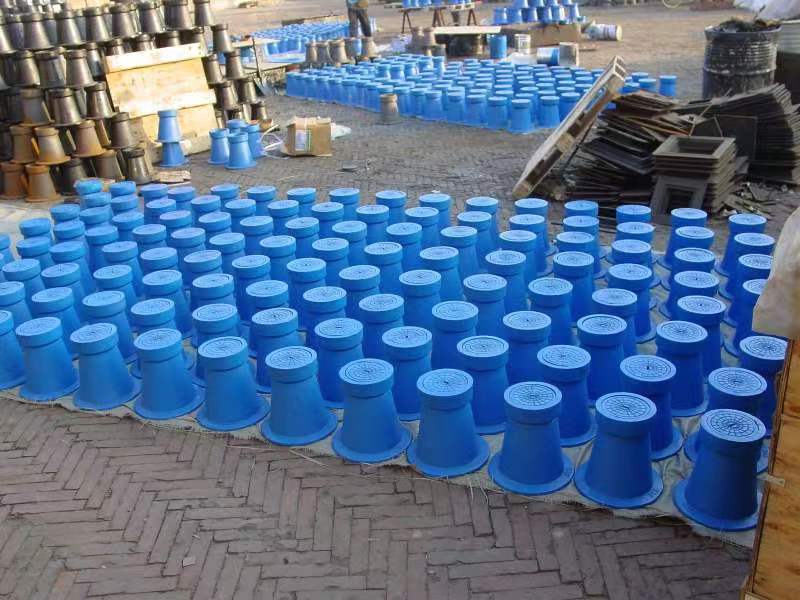ada tree grates
Understanding ADA Tree Grates Enhancing Public Spaces with Accessibility and Aesthetics
In urban landscaping and public space design, the integration of functional elements that meet accessibility standards is crucial. One such element that has gained attention in recent years is the ADA tree grate. As cities continue to evolve, the need for designs that cater to both aesthetic and functional requirements has become paramount, and ADA tree grates serve as an excellent example of this balance.
What are ADA Tree Grates?
ADA tree grates are specially designed metal grates placed around the base of street trees in sidewalks and public areas. Their primary purpose is to provide a protective barrier from foot traffic while allowing air, water, and nutrients to reach the tree roots. What distinguishes ADA tree grates from regular grates is their compliance with the Americans with Disabilities Act (ADA) standards. This means they are designed to be accessible for all individuals, including those using wheelchairs or mobility devices.
Importance of ADA Compliance
Accessibility features are not merely an added benefit; they are a legal requirement in many urban settings. The ADA mandates that public spaces be navigable for everyone, including individuals with disabilities. By incorporating ADA tree grates, cities ensure that sidewalks remain barrier-free, minimizing the risk of accidents for pedestrians with mobility challenges. These grates have specific design parameters, such as surface texture and spacing, to reduce hazards while promoting safety and usability.
Aesthetic Appeal
ada tree grates

Beyond their functional significance, ADA tree grates contribute to the visual appeal of public spaces. With a range of designs, colors, and patterns available, they can complement the architectural style of their surroundings. When installed correctly, tree grates can enhance the beauty of a streetscape while also encouraging a sense of community ownership over public spaces. The combination of accessibility and aesthetics helps create welcoming environments that foster social interaction and engagement.
Benefits for Urban Ecology
From an ecological standpoint, ADA tree grates play an essential role in urban forestry. By allowing water, air, and nutrients to penetrate the surface, they promote healthier tree growth, which is vital for urban ecosystems. Trees are crucial for air quality, temperature regulation, and biodiversity in cities. With the rise of green infrastructure initiatives, integrating ADA tree grates contributes to a sustainable approach to urban planning. They help maintain the health of street trees that provide shade and contribute to a greener city landscape.
Installation Considerations
The installation of ADA tree grates must be conducted with careful planning. Factors such as the location of utilities, the size of the tree, and the surrounding landscape are all critical considerations. Proper installation not only ensures functionality but also longevity. Grates should be secured against damage from foot traffic or potential environmental factors like snow and ice. Additionally, regular maintenance is necessary to keep the grates clean and functional, ensuring that they do not become a hazard.
Conclusion
In summary, ADA tree grates are much more than mere practical solutions for tree protection; they embody the principles of inclusivity, aesthetics, and urban ecology. By ensuring that public spaces are accessible to all individuals, cities can create environments that respect and celebrate diversity. The integration of these grates into urban design represents a commitment to creating spaces that are not only beautiful but also functional and equitable. As cities continue to develop, the significance of ADA tree grates will only grow, paving the way for smarter and more inclusive urban living. Embracing this innovative approach will ultimately enhance the quality of life for everyone, fostering healthier and more vibrant communities.
-
The Smarter Choice for Pedestrian AreasNewsJun.30,2025
-
The Gold Standard in Round Drain CoversNewsJun.30,2025
-
The Gold Standard in Manhole Cover SystemsNewsJun.30,2025
-
Superior Drainage Solutions with Premium Gully GratesNewsJun.30,2025
-
Superior Drainage Solutions for Global InfrastructureNewsJun.30,2025
-
Square Manhole Solutions for Modern InfrastructureNewsJun.30,2025
-
Premium Manhole Covers for Modern InfrastructureNewsJun.30,2025
